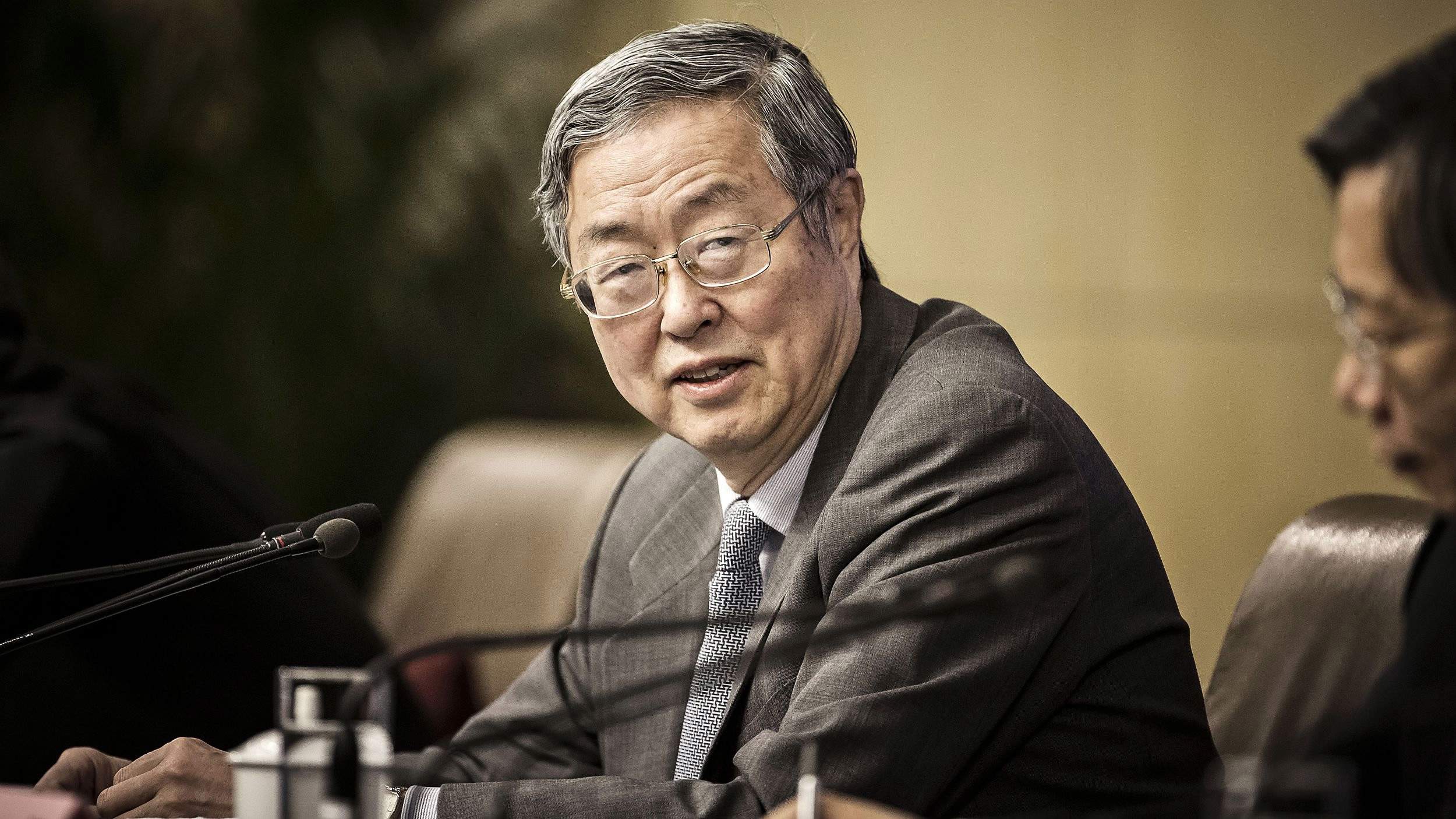
Business
20:03, 11-Oct-2017
China’s central bank chief calls for further reform
CGTN

China must embrace free trade and investment, promote reform of the foreign-exchange rate mechanism and scrap capital account controls, the veteran chief of the country’s central bank has said.
‘Troika’ for economic opening up
Zhou Xiaochuan, People’s Bank of China (PBOC) governor for the last decade and a half, defined a “troika” for economic opening up, driven by free trade and investment, a more market-decided yuan, and fewer capital account controls.
He told Caijing Magazine, “There is no country in the world that can achieve an open economy under strict foreign exchange controls.”
Reviewing the International Monetary Fund’s (IMF) inclusion of the yuan into its Special Drawing Rights (SDR) basket of reserve currencies a year ago, Zhou said the move represented real national achievement in opening up. This process has always been accompanied by fewer capital controls and a more reasonable yuan rate, he added.
Window of opportunity
The yuan was not fully ready to be a global currency but the global financial crisis created an opportunity for it to join the SDR as the liquidity crunch pushed neighboring countries and regions to use the Chinese currency for trade and investment, Zhou said.
As such, timing is crucial to reform, according to the senior economist.
Many cases at home and abroad – including China’s opening up in the 1970s – show that successful reform happens in desperate situations, he said.
Therefore, he urged, China must seize the current opportunity instead of waiting for conditions to be perfect. “If missing the time window, the cost of reform will be higher in the future with more obstacles.”
Open market for optimization
As a WTO member, China regards its financial sector as a competitive service industry which needs openness and competition for resources optimization.
Pilot programs such as the Shanghai-Hong Kong Stock Connect and Shenzhen-Hong Kong Stock Connect have showed that risks of easing market access are not as much as imagined, Zhou said.
The “troika” has driven China’s economy for decades and now it is time for the financial sector to have expanded market access and wider participation in the global market, according to the PBOC chief.

SITEMAP
Copyright © 2018 CGTN. Beijing ICP prepared NO.16065310-3
Copyright © 2018 CGTN. Beijing ICP prepared NO.16065310-3